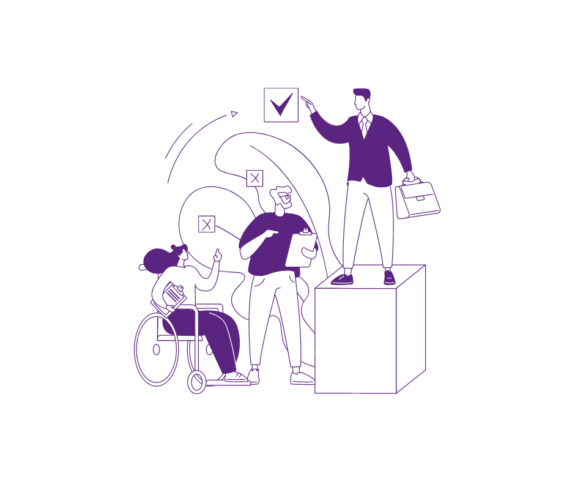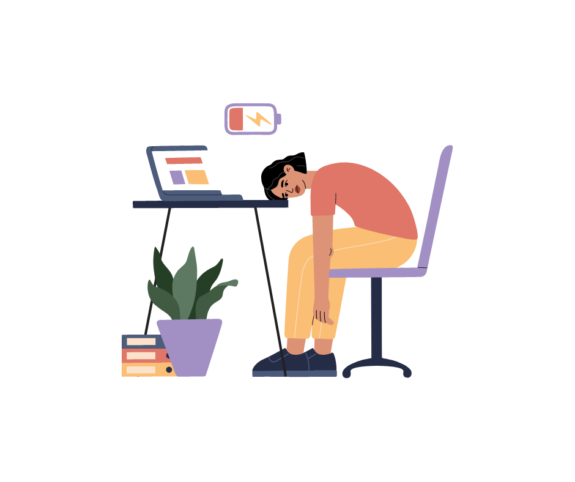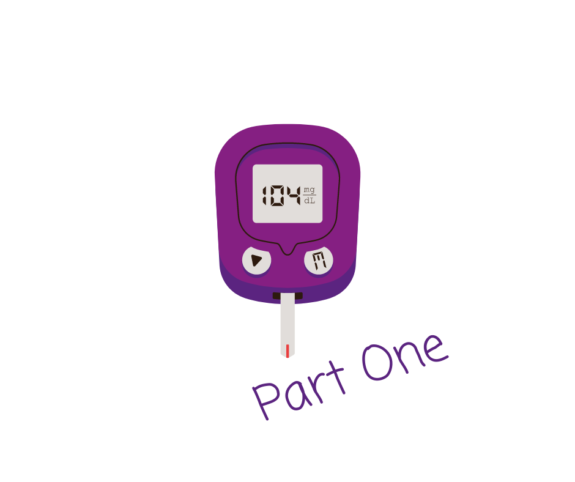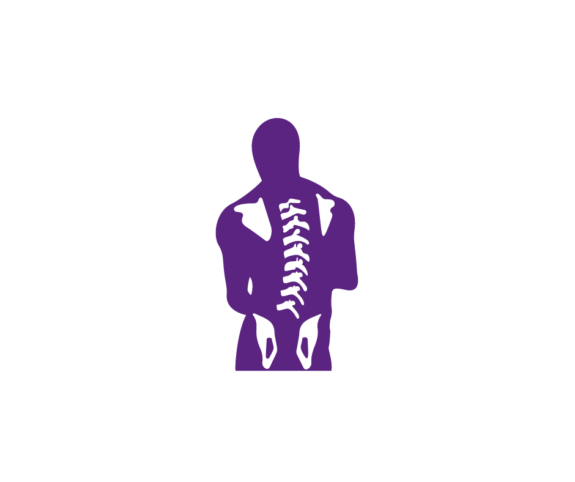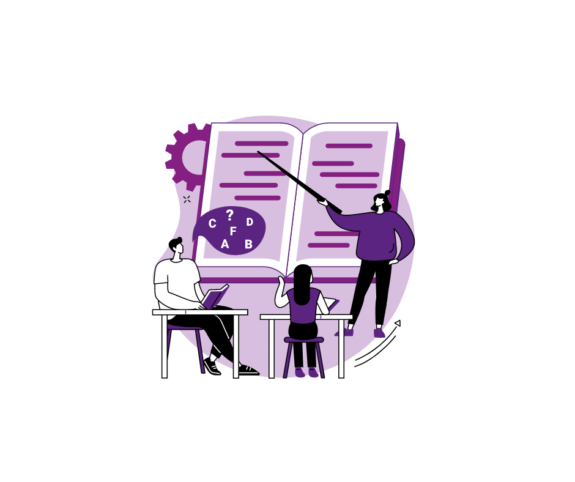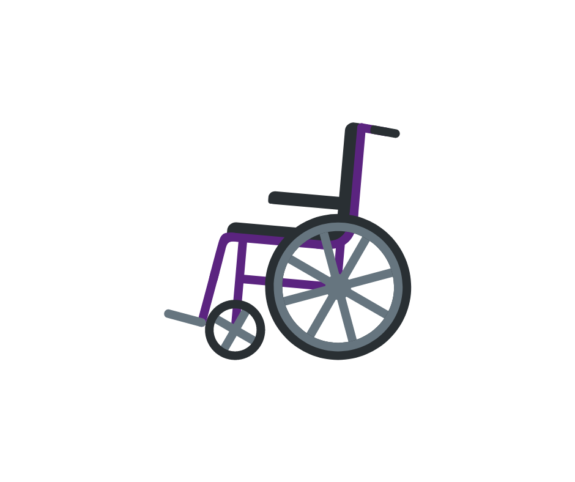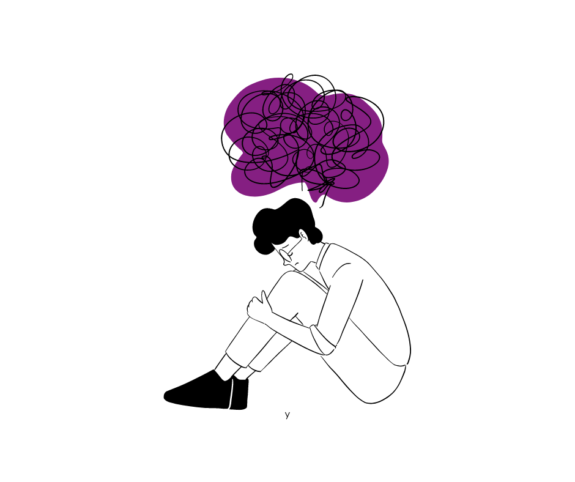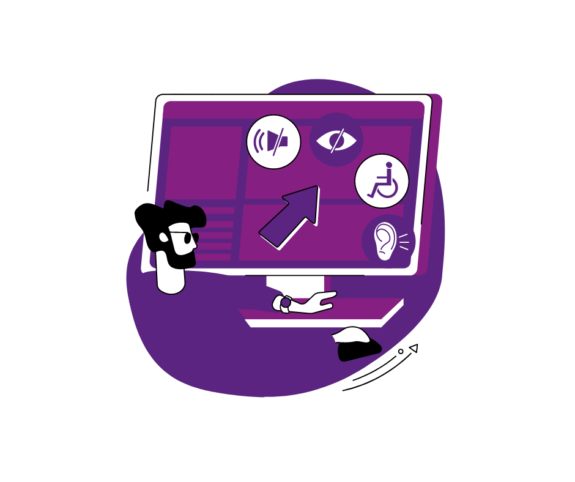Trying to find work as a person with a disability, a chronic illness or a mental health condition can often be a difficult process, especially if you’re not sure of what your rights are or what help there is available.
Even when you are aware of what you can receive the process can be laborious and upsetting, creating more stress when what you really need is a helping hand.
Most employers do their absolute best to make sure there are suitable provisions in place for their disabled employees but unfortunately, not all do which is against the law.
Attitudes to disabilities can vary with 1 in 3 disabled people reporting prejudice against them and 1 in 3 non-disabled people seeing those with disabilities as being less productive.
The data does show that employment rates for disabled people have risen by over 1.3 million since 2013 although many of these are because self-employment has been the only option.
It is interesting to note in the statistics that more than half of working disabled people list mental health conditions as their main impairment with over 1 in 5 citing depression or anxiety.
Invisible illnesses are always the most difficult to evidence making it much easier for employers to discriminate.
The Laws Against Discrimination
The Equality Act of 2010 defines a person as being disabled if they have: “a physical or mental impairment, and the impairment has a substantial and long-term adverse effect on [their] ability to carry out normal day-to-day activities”.
The act is designed to cover an applicant or employee through every stage of the employment process including:
-
Application forms
-
Interview arrangements
-
Aptitude or proficiency tests
-
Job offers
-
Terms of employment, including pay
-
Promotion, transfer and training opportunities
-
Dismissal or redundancy
-
Discipline and grievances
If reasonable adjustments or accommodations are not made, then this could be defined as discrimination if it puts the disabled person at a disadvantage based on their condition.
Direct Discrimination
This would occur when someone is treated differently to other employees as a direct result of their disability.
For example, an employer actively refuses to employ a disabled person simply because they don’t want any sign of disability in their workplace.
Indirect Discrimination
This occurs where a workplace rule, practise or procedure is applied to all in the workplace but has a distinct disadvantage to those employees who have a disability.
This can be more difficult to prove and any employee or applicant who is claiming indirect discrimination must be able to show how they personally have been disadvantaged in addition to how the discrimination has, or would in the future, disadvantage other employees or job candidates.
Harassment
This would apply if unwanted conduct related to a person’s disability has created a distressing, humiliating or offensive environment for that person.
Victimisation
If a person is treated unfairly because they have either made or supported a complaint about discrimination.
Discrimination arising from disability
The discrimination doesn’t necessarily have to be because of the disability itself but from something linked to it.
For example, an employee who needs to take time off for medical appointments is penalised for the number of absences they’ve had.
Failure to make reasonable adjustments
This is the most common form of discrimination.
Any employer with a disabled employee or applicant must attempt to make reasonable adjustments to the working environment or to the job role itself.
This could be as simple as supplying a special chair or piece of equipment that could aid the person in their work or adjusting the working hours if necessary.
In some circumstances, reasonable adjustments cannot be made if it will be detrimental to the business. For example, an employer may reject an applicant with a severe back problem if the job requires them to do heavy lifting or manual labour. It is an essential part of the job and therefore no accommodation can be made.
What can you do?
If you feel like you have faced discrimination, the first option would be to talk with your manager or supervisor.
They may be completely unaware of the issue or not realise the impact it has had.
If this doesn’t resolve the issue, try raising a grievance using your employer’s formal procedure. Make sure you keep notes of any conversations had and/or e-mails so that you can show you tried to find a solution.
Get independent advice if necessary from your union if you have one, or a professional body outside of your workplace such as ACAS or Citizen’s Advice.
Dealing with a disability, whether that be physical or mental, is a challenge in itself.
Dealing with employers who aren’t following the rules can make it even more so.
Discrimination is becoming ever more visible in our society as is the number of people unwilling to allow it to continue.
If you’re struggling, ask for help. There is always someone there.
Citizen’s Advice: https://www.citizensadvice.org.uk/work/discrimination-at-work/
References
